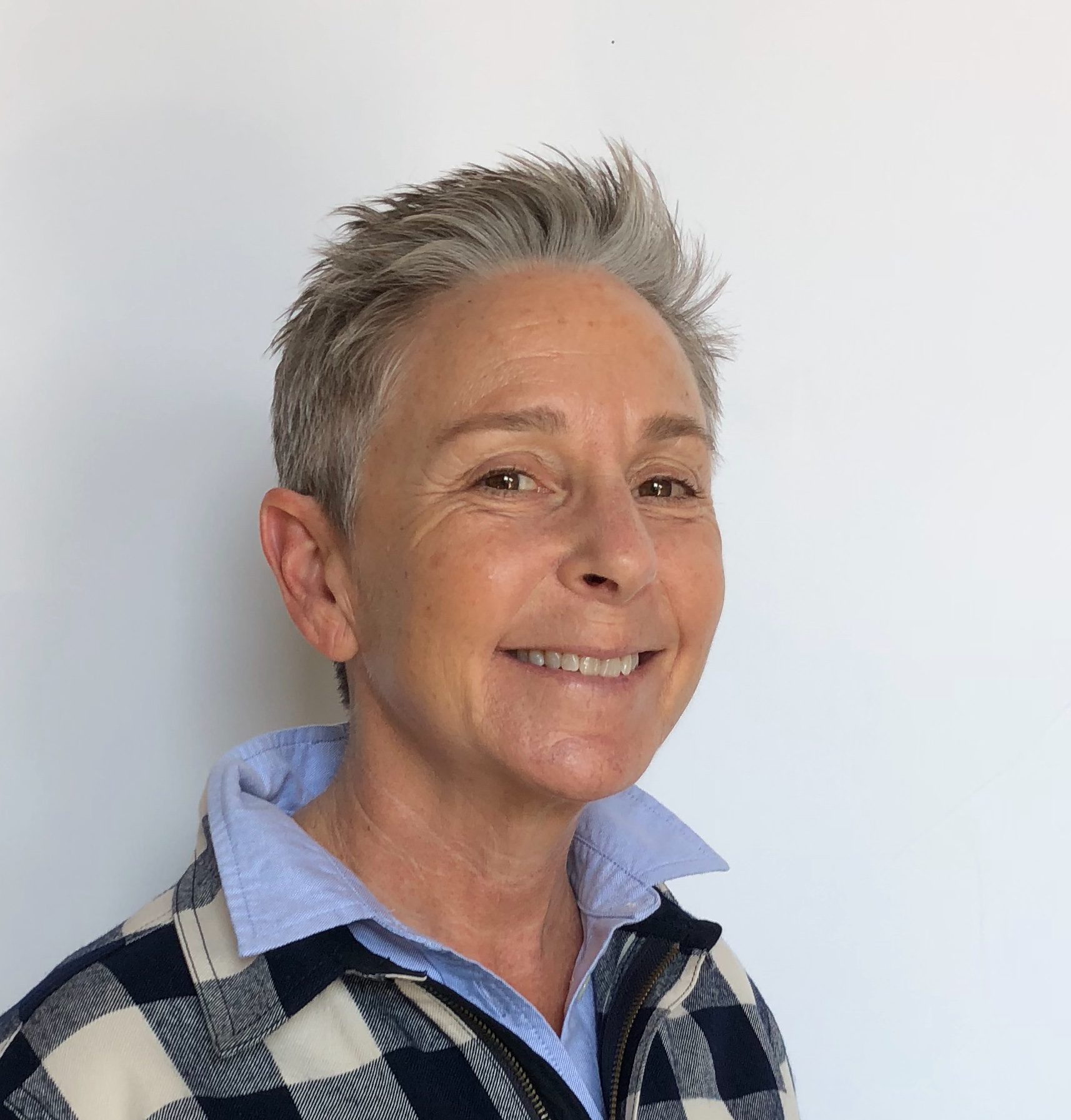 How has HRC been involved in education issues?
How has HRC been involved in education issues?
The Human Rights Campaign is the nation’s largest civil rights organization working to achieve full equality and inclusion for the LGBTQ community. There are a myriad of educational issues of great concern to the LGBTQ community—establishing enumerated anti-bullying policies (inclusive of sexual orientation and gender identity), providing inclusive sexual health education curriculum, and insuring that LGBTQ educators are protected from workplace discrimination—just to name a few. In addition to advocating for inclusive law and policies, the HRC Foundation—the educational arm of the organization, launched the Welcoming Schools Program which focuses on creating LGBTQ-inclusive elementary schools. This program is rooted in professional development for educators on topics ranging from embracing family diversity to addressing bias-based bullying.
There have been many changes in the education landscape over the past 20 years. How have the focus and priorities of HRC shifted in education, as the landscape has evolved?
Our priorities are driven by the fact that LGBTQ students continue to face challenges at school—bullying and harassment, inequitable disciplinary actions, lack of representation in curriculum, poor school connectedness; if we do not improve the school climate LGBTQ youth will not achieve their full academic potential and will not thrive socially and emotionally. Research shows that transgender students face significant challenges at school, often connected to lack of access to bathrooms that align with their gender identity. We have focused on engaging school leaders in system-change work with a “top down” approach because we know that school culture will not change unless there is a genuine commitment and consistent focus from the leadership. We have partnerships with organizations such as the National Association of Secondary School Principals, the National Education Association, and the National Association of School Superintendents to raise awareness of the unique needs and experiences of LGBTQ students, to create best practice resources and on-line training, and to encourage leaders to take this work seriously.
What is the most important thing (or things) that schools can do to ensure that LGBTQ students feel safe, welcomed, and empowered?
Leadership is key and school leaders must set an expectation that all employees will help to create an LGBTQ-inclusive school environment. As a first step, it is essential that schools have very explicit policies that extend protections to LGBTQ students, family members, and faculty, and that professional development is required for all administrators, classroom teachers, health and wellness providers—all adults who are interfacing with students and families. Most educators report having little to no training on LGBTQ topics and are not confident in their ability to create an LGBTQ-inclusive learning environment and they are eager for more training and education. In addition, the presence of an LGBTQ student group (often referred to as “Gay-Straight Alliances or Genders and Sexualities Alliances) has a positive impact on the experience of LGBTQ students as well as other students. Using inclusive language, actively addressing any anti-LGBTQ behavior, providing LGBTQ content in classroom conversations and lesson plans all help to ensure greater safety and well-being. We need to create school environments where LGBTQ students can safely be “out” and participate fully in school life—academics, athletics, arts, government, with opportunities for leadership and excellence. Every adult in the school community can play a role in shifting the school culture to be inclusive—we have to think about our words, our actions and how we can model what it means to be truly inclusive. We highly recommend introducing LGBTQ topics at earlier ages and stages of development–with an increasing population of LGBTQ-headed families and children self-identifying as LGBTQ at younger ages, a program like Welcoming Schools helps to cultivate an understanding of the breadth of diversity within our communities and to establish kindness and ally-ship as the expected behavior from all students and the broader school community.
Ellen Kahn is the Director of Children, Youth, and Families Programs at the Human Rights Campaign Foundation, overseeing the Youth Well-Being Program, Welcoming Schools, All Children-All Families, and the newly launched Project THRIVE campaign.
